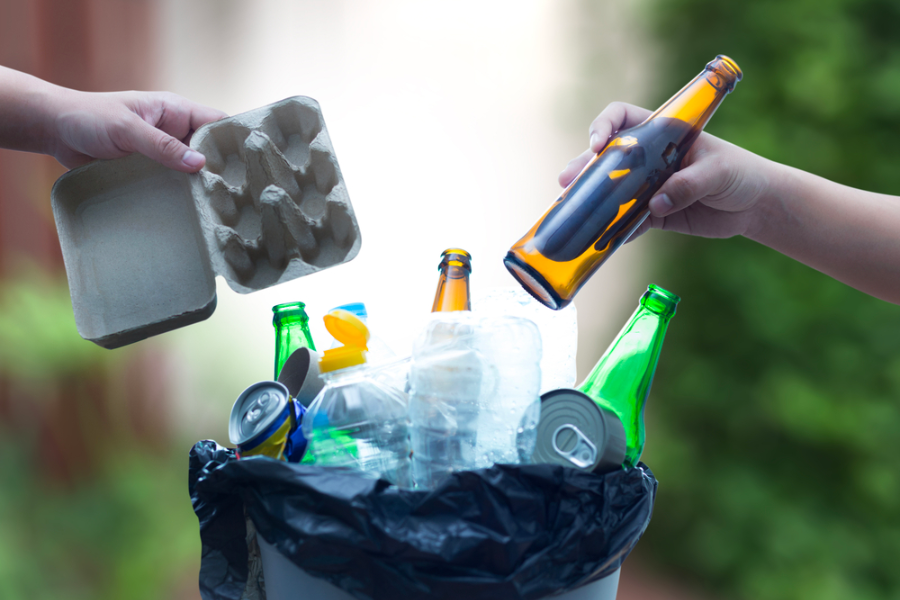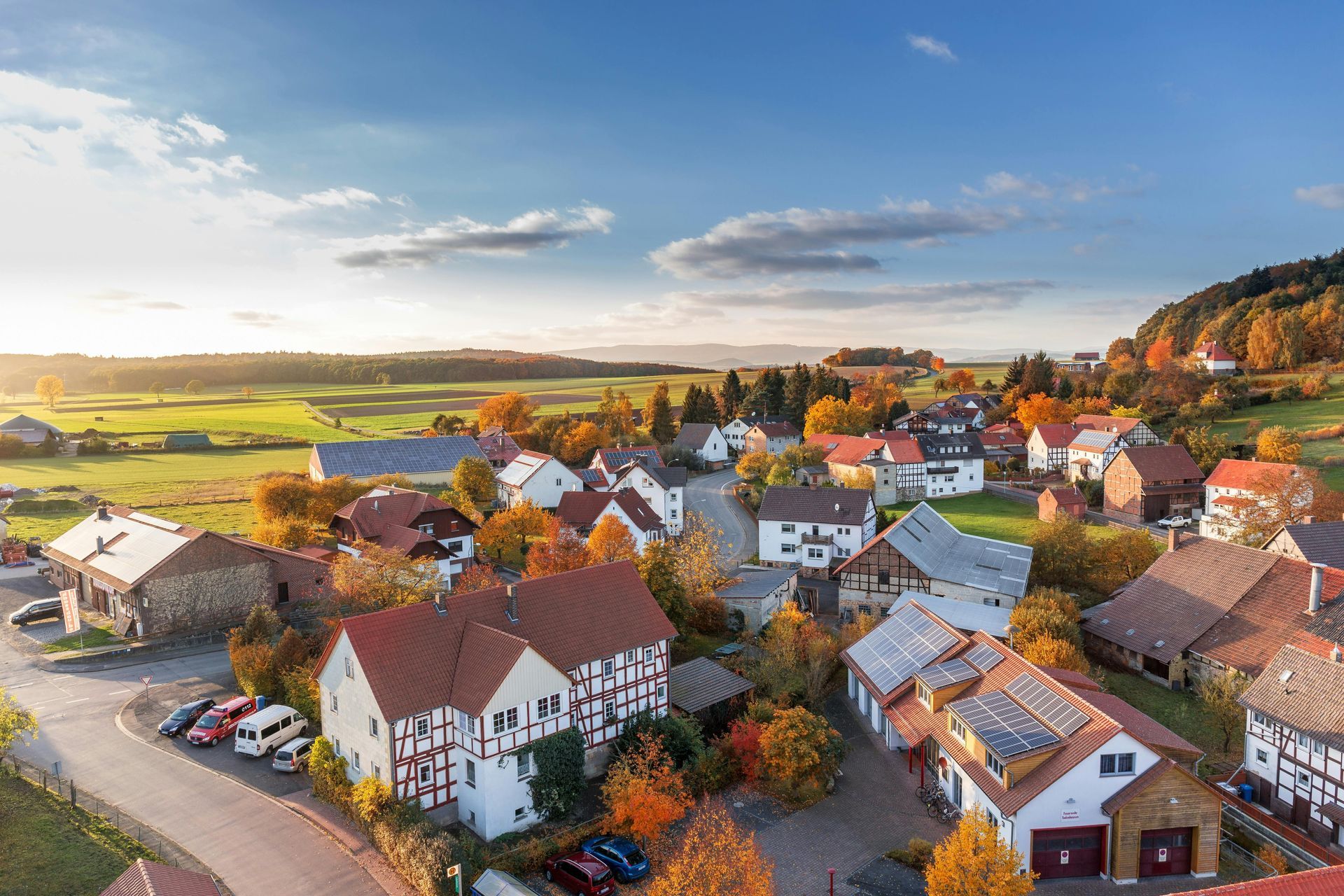NERC Releases Revised Model Glass Minimum Post-Consumer Recycled Content Legislation
A revised Glass Minimum Post-Consumer Recycled Content Model Legislation has been published by the Northeast Recycling Council (NERC). A subcommittee of the original stakeholders’ group revised the original version of the Model Legislation.
“The revisions to the Model Legislation provide greater flexibility for policymakers looking at available markets and glass manufacturing activity, and will allow glass recycling to move forward based on what works best in a given region or specific state,” said Chris Nelson, Director of Sustainable Materials Management Planning & Implementation with the CT Department of Energy & Environmental Protection (DEEP), NERC Board Member, and Co-facilitator of the Model Legislation Stakeholder Process.
The primary revision to the Model Legislation includes a concept of a credit towards the post-consumer recycled content requirement for products manufactured and/or sold by glass bottle and fiberglass manufacturers in a given year. The credit is based on the amount of post-consumer recycled glass consumed by other end uses that have demonstrated a climate benefit equal to or greater than that of recycling glass in a furnace—pozzolan, foamed glass aggregate, and other saleable products.
The Model Legislation is intended to be used by legislators as a starting point for creating legislation that would require the use of post-consumer cullet—glass that has been processed to remove contaminants and is furnace ready—in certain products manufactured and/or sold in their state. According to Megan Fontes, NERC’s Executive Director, “The Model Legislation is one tool for building post-consumer glass markets. It is intended to be used with other legislative and non-legislative tools as part of a comprehensive strategy.”
The main goals of the Model Legislation are to incentivize markets for recycled glass, improve the economics of recovering glass, and reduce the environmental impact of manufacturing. The Model Legislation promotes the expanded use of post-consumer cullet in manufacturing new products, motivates development of markets for post-consumer cullet, and reduces the amount of glass that would be treated as waste.
Share Post





